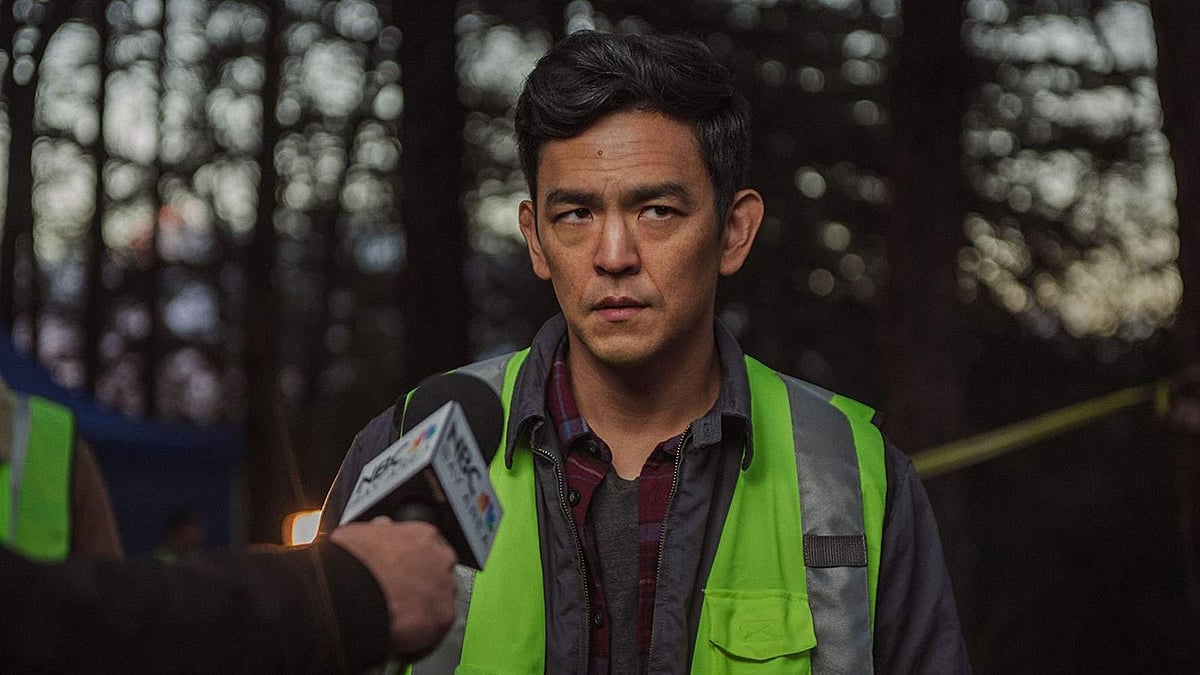‘Searching’ Offers Modest Thrills by Sticking to Its Gimmick
Directed by Aneesh Chaganty, ‘Searching’ is a missing person thriller, here only aided by a high concept push.

advertisement
Searching is your regular missing person thriller, here only aided by a high concept push, that is to make the entire action unfold on screens (computer, spy cam or smartphone). If this gimmick lends it an innovative yarn, it also tells us how without this dressing of screens, the film would have been your usual one hour episode of a crime show.
Directed by Aneesh Chaganty, an Indian-American techie turned filmmaker, the film charts the story of sixteen-year-old girl Margot (Michelle La) who goes missing after a study session at a friend’s place, and the ordeal her widowed father David Kim (John Cho) goes through. When investigating officer, Rosemary Vick (Debra Messing) comes to David’s aid, the search for the lost daughter takes the father through her virtual web history which makes him realise how he might have not known the reality of his offspring.
Since the film is committed to the idea of screens, it begins with a montage in which we see David’s martial life with wife Pam (Sara Sohn), her death and their daughter Margot from her birth to adolescence through a series of videos, mails and texts. Soon, the film takes David into the land of every father’s worst nightmare when his daughter goes missing, and the virtual windows of screens start raising up tension.
Chaganty’s debut film is produced by Timur Bekmambetov, the Russian-Kazakh producer-director who is confident of finding new cinematic realm in computer and smartphone screens which he showcased in the now-fledgling Unfriended series. However, unlike the Unfriended series that follows the action in real time, the events in Searching is spread over many days. And this is where the film’s commitment to its lens becomes its weakness.
The self-imposed rule becomes a limitation because the film remains obedient instead of showing signs of defiance.
The film benefits largely from John Cho who spruces up another terrific performance after last year’s Columbus. Since the entire film relies on his presence, Cho, working subtly on his face muscles builds his emotional journey without ever resorting to histrionics. The churn within him mounts very slowly, travelling from mild dread to brutal fury, and the Korean-American actor shows a full-blooded range of fatherly emotions to sail the film into a believable territory.
(The writer is a journalist, a screenwriter, and a content developer who believes in the insanity of words, in print or otherwise. He tweets @RanjibMazumder).